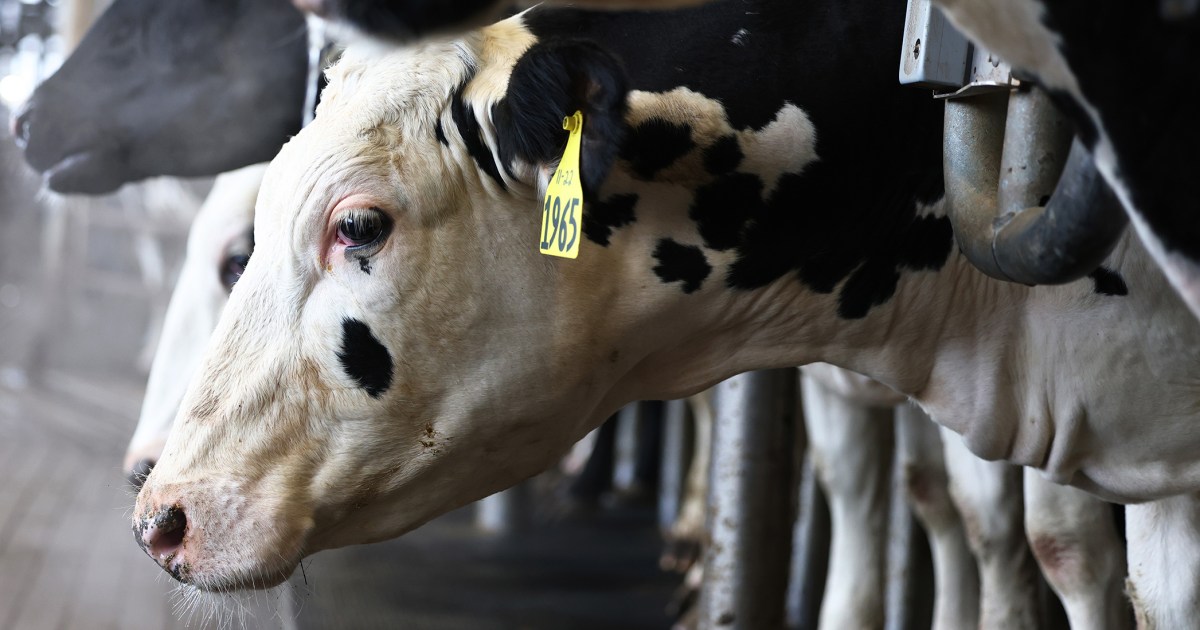The bird flu outbreak in the United States has taken concerning turns this year, with at least 64 human cases reported. Experts are worried about the virus’ spread, citing detections in wastewater, dangerous mutations, and unexplained cases in humans. The CDC confirmed the first severe bird flu infection in Louisiana, prompting state emergencies in response to outbreaks in cows and poultry. The virus, known as H5N1, has spread widely in animals, including dairy cows, leading to increased risk of exposure for humans. Additionally, cases with unknown sources of infection and research indicating the virus is evolving to spread more easily among people are alarming scientists. Wastewater testing has shown positive detections in various states, indicating widespread circulation of the virus. Mutations in the virus have raised concerns about the potential for a pandemic, as the virus may only be one mutation away from spreading readily between humans. Efforts are underway to track and prepare for a potential pandemic, including expanded milk testing, improved wastewater analysis, and development of vaccines for cows and humans. mRNA vaccines against H5N1, similar to those used for COVID-19, are showing promise in preclinical testing and may offer a more scalable and adaptable solution to combat the virus. Continued monitoring, testing, and vaccination efforts are critical to prevent the bird flu outbreak from escalating into a serious public health crisis.
Photo credit
www.nbcnews.com
Warning Signs of Bird Flu are Increasing



